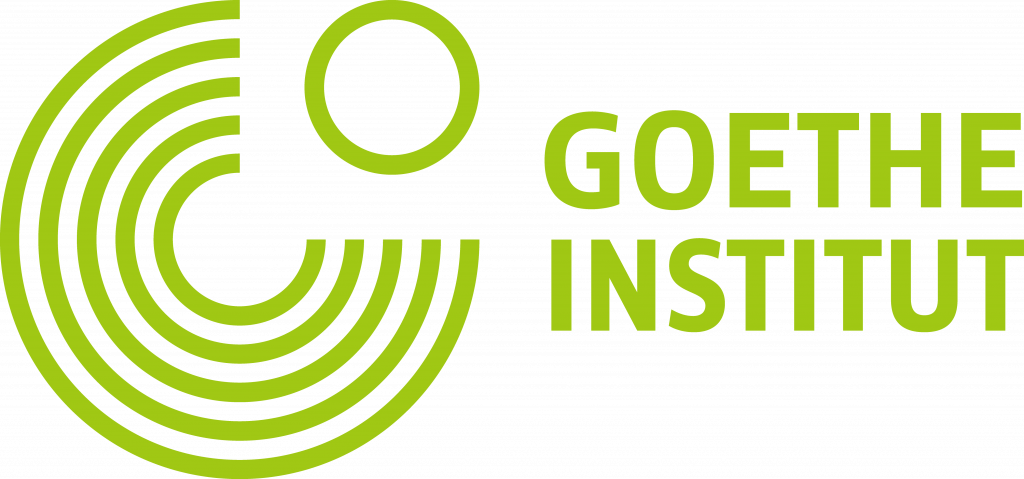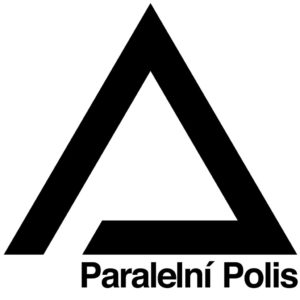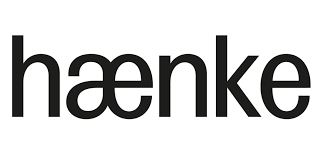Livestreaming, Updated Time (due COVID): Friday 19 November 2021 at 18:00 CET
Lily McCraith is a London-based designer, researcher and creative technologist working around the realms of artificial intelligence, computing, and design. Currently, she is in Prague for her residency at the Research and Innovation Centre on Advanced Industrial Production (RICAIP) hosted and coordinated by CIIRC CTU as a fellow of the Goethe-Institut‘s Artificial Intelligence Residency Programme – “AI Residencies”.
During her stay, she aims to exploit the potential of artificial intelligence in the context of its influence on our planet, exploring its role in tackling global problems while critically assessing its energy burden at the same time.
Lily McCraith will be in conversation with leading Czech AI expert Sara Polak, at the pAIoneers lab at Paralelní polis on Friday, 19 November 2021 from 18.00. Watch online on Facebook.
The interview will be live-streamed on YouTube and at the Parallel polis café, followed by a brief meet up with Lily McCraith. Covid measures are in place – tests are compulsory and cost 100 CZK per person.
The meet-up is also an informal kick-off of “Rhizomes: AI & nature”, a new interview series produced by Haenke, pAIoneers, and Paralelní polis that explores the relationship between AI and nature through the work of artists, scientists, entrepreneurs and other creative practitioners.
The event is supported by Goethe-Institut Prag in cooperation with the RICAIP Centre and CIIRC CTU.
Lily McCraith
Lily McCraith is a London-based designer, researcher and creative technologist working across technologies and disciplines. Her work investigates systems, infrastructures and ecologies via active methods of research, enquiry and collaboration. She has a background in computing and design which she studied at Goldsmiths College, University of London. She combines both disciplines in her practice, using many different media and tools such as code, performance, film, augmented reality, 3D modelling and simulation, 3D printing, electronics and artificial neural networks. Lily McCraith has completed several works with machine learning-based text generators.
Lily McCraith is a fellow of the Goethe-Institut’s Artificial Intelligence Residency Programme and a guest of the Research and Innovation Centre on Advanced Industrial Production (RICAIP), hosted by the Czech Institute of Informatics, Robotics, and Cybernetics CTU in Prague (CIIRC CTU). During her stay, she would like to not only exploit the potential of artificial intelligence (AI) but also to thematize the binding of this technology to our planet. On the one hand, we expect AI to solve many problems; on the other hand, the consumption of resources for its applications is an additional burden on our planet.
Lily’s blog on her AI residency at RICAIP: https://robotcartographies.tumblr.com/
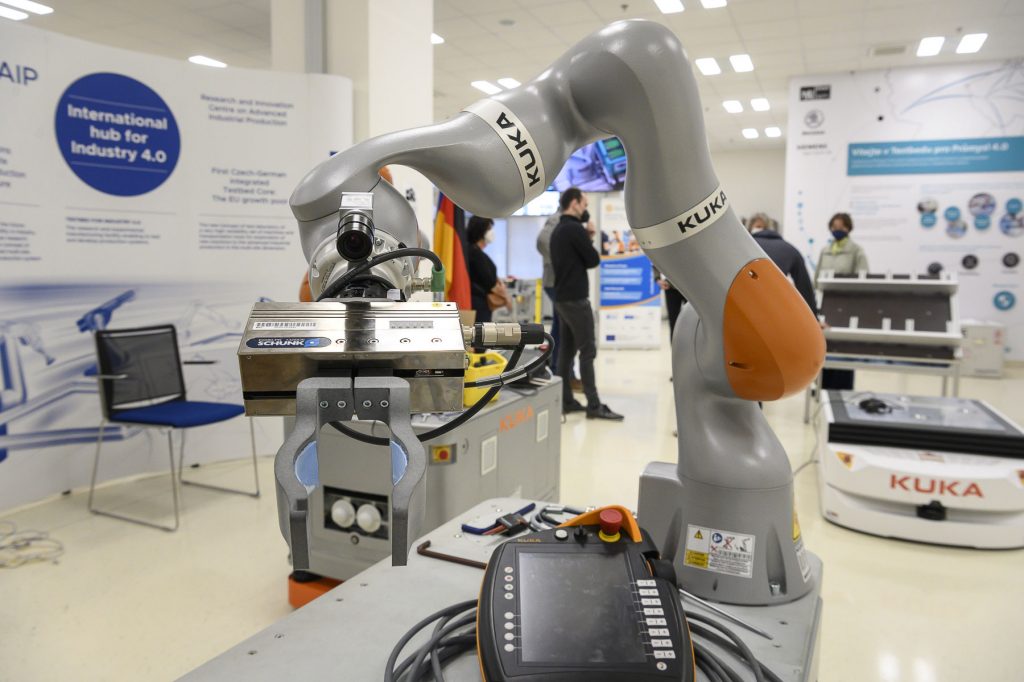
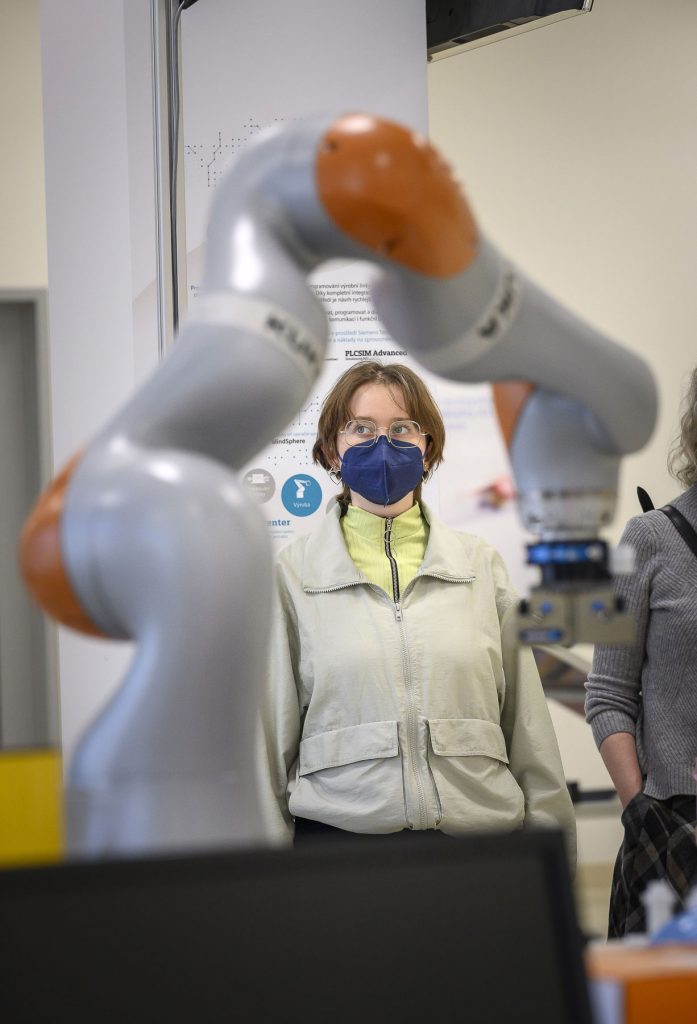
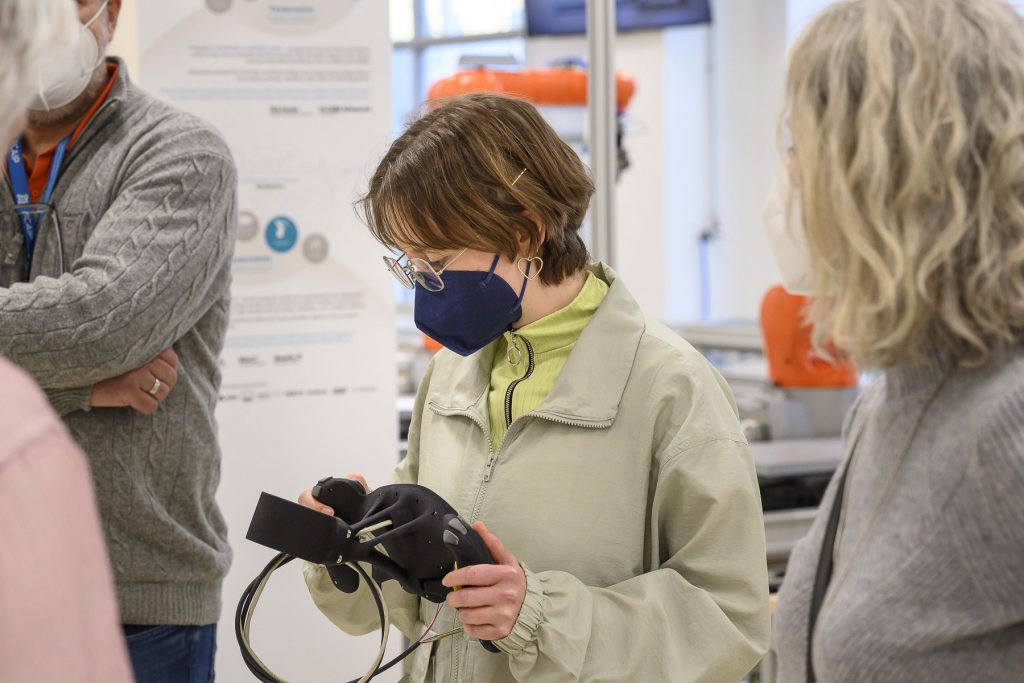
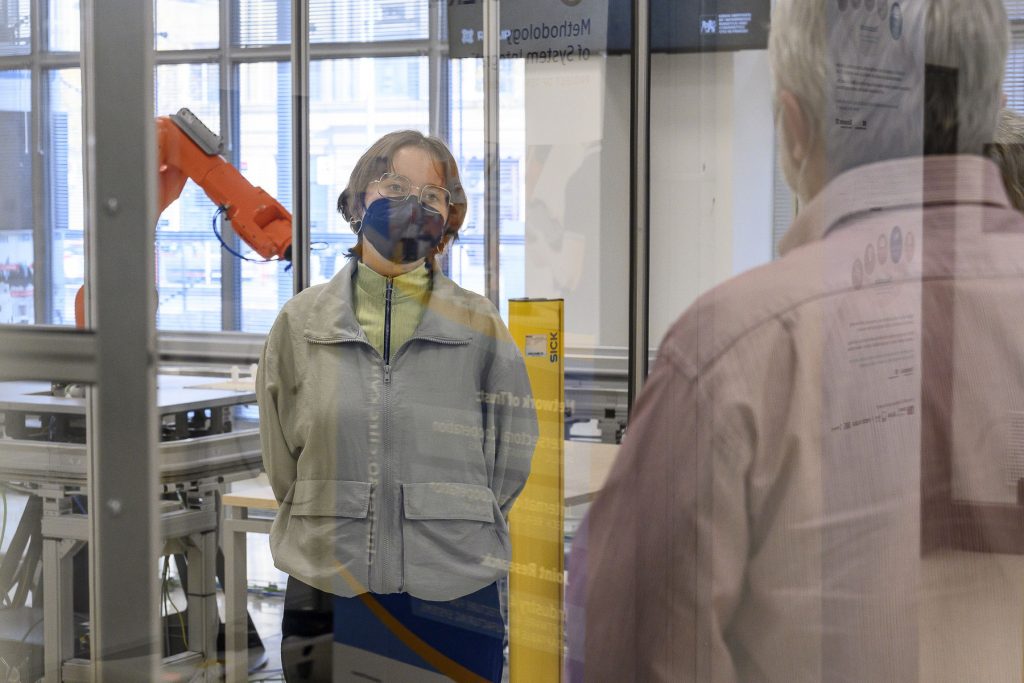
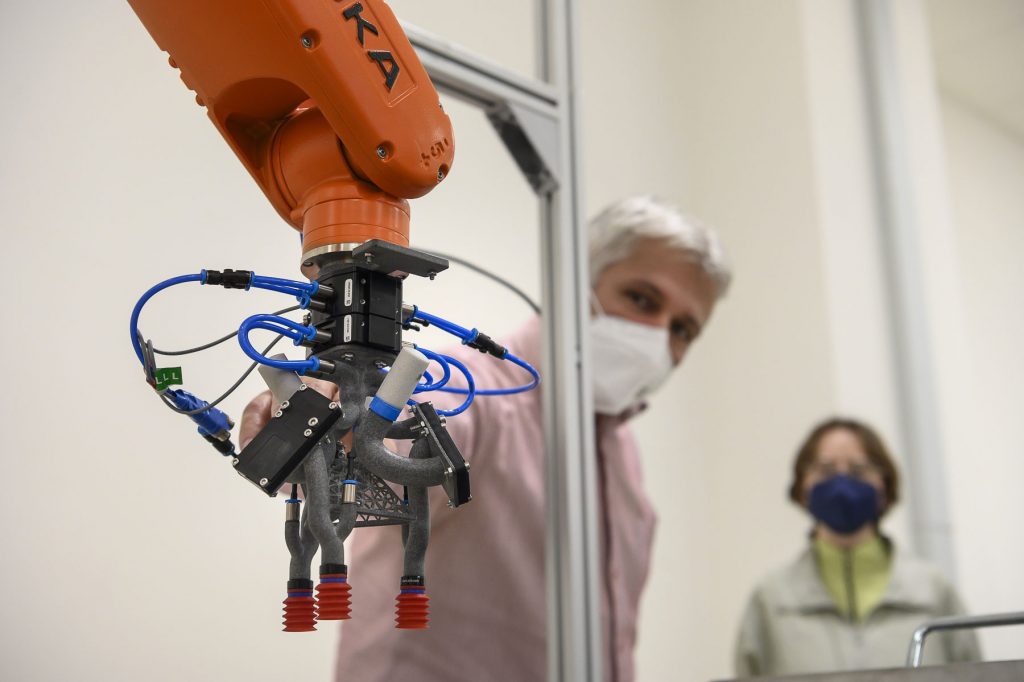
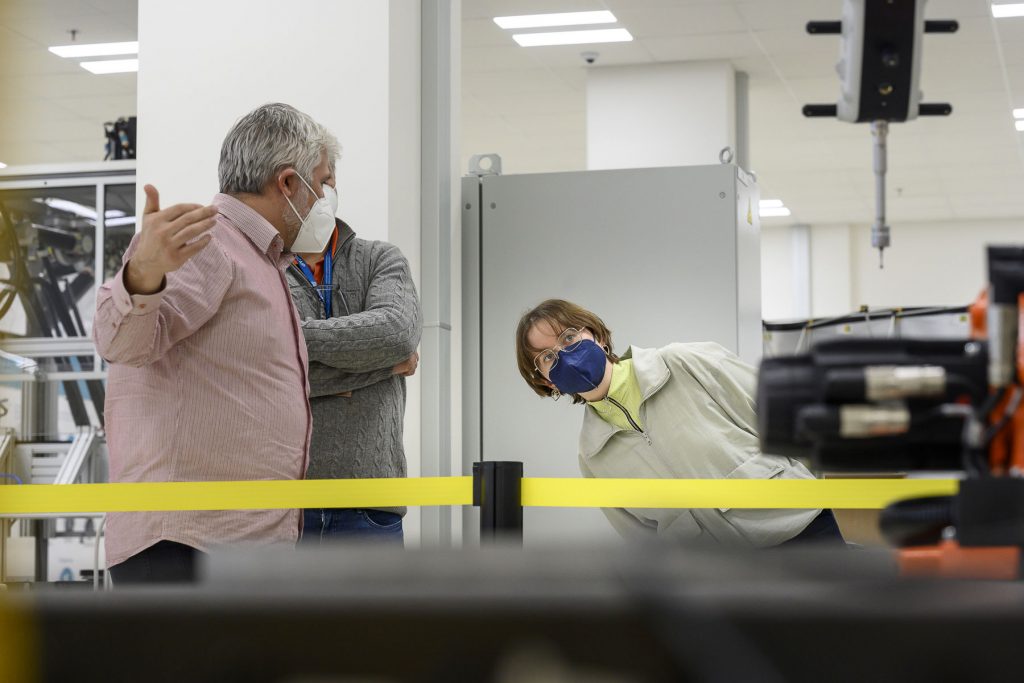
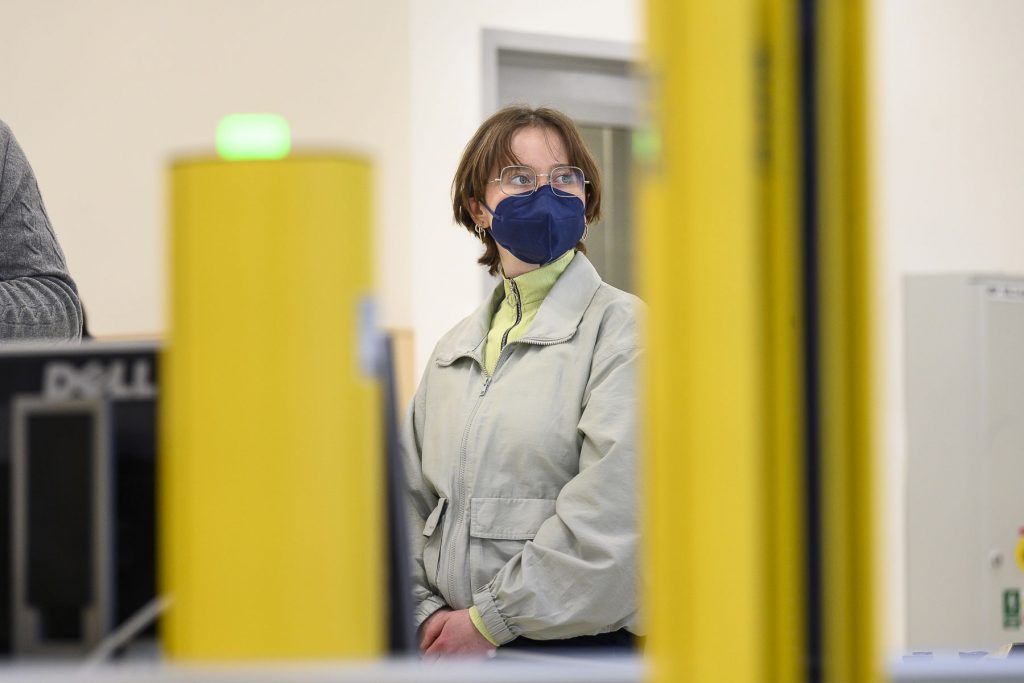
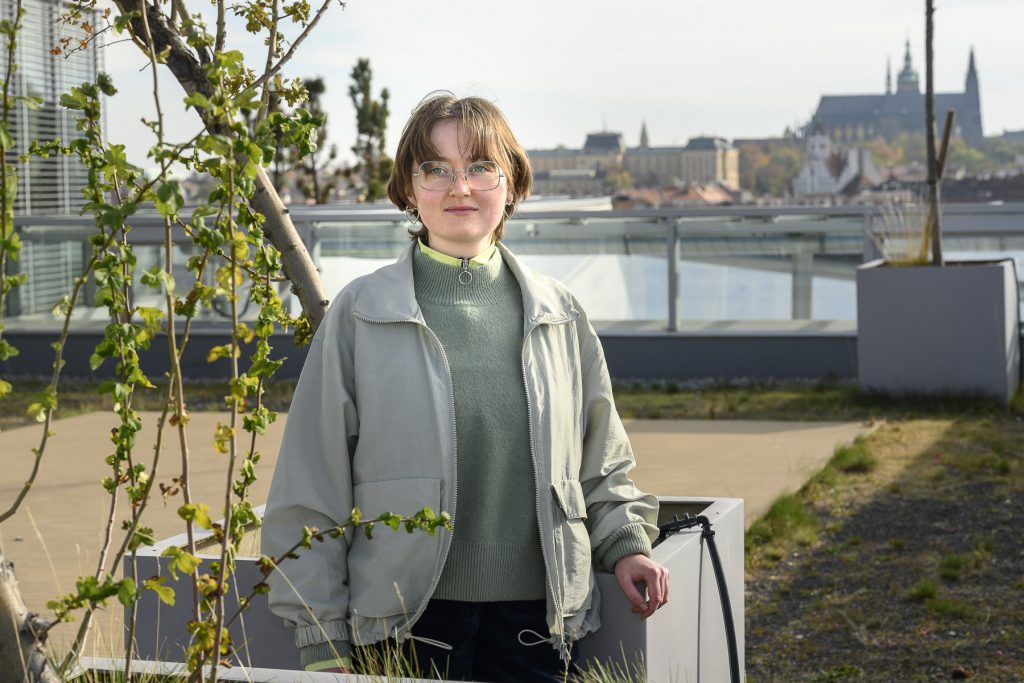
Goethe-Institut, Prague
The Goethe-Institut engages in intercultural exchange and interdisciplinary discourse within a global context. With the AI Residency Programme we aim to initiate both a dialogue between art and technology and a dialogue reaching beyond the borders of European countries. The programme aims to promote artistic access to developments in the field of artificial intelligence. Art can serve as a seismograph of social developments linked with artificial intelligence and as a catalyst for a successful and socially responsible transformation of this new technology into products. It can open up new perspectives on this field and bring the discussion from specialist circles to wider sections of society.
Haenke
Haenke is an education project that aims to champion the importance of plants and nature in our society, from arts, design to medicine or wellbeing. They host talks, lectures, workshops, and public space installations, and engage in interventions with vulnerable groups such as refugee communities or residential care homes.
pAIoneers lab
pAIoneers is a multidisciplinary AI lab founded by Sara Polak, a leading Czech expert on artificial intelligence. The lab concerns itself with popularisation and education about the latest technologies for the general public such as AI, cryptocurrencies, cloud society, and other related concepts.
Parallel polis
The Parallel Polis project combines art, social sciences and modern technology. It is based on the ideas of freedom, independence and innovative development of society.

